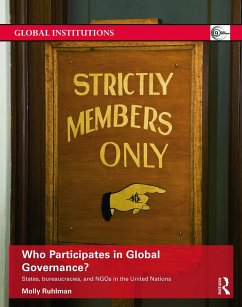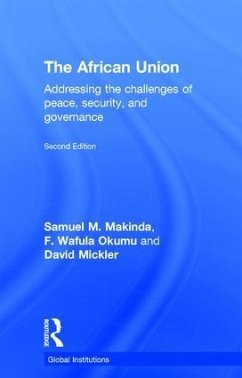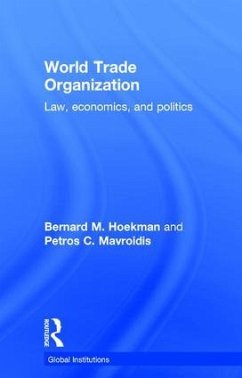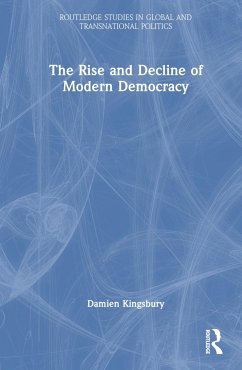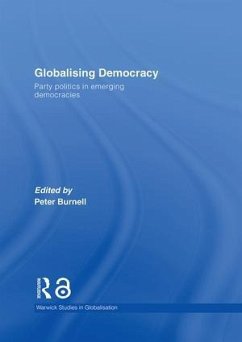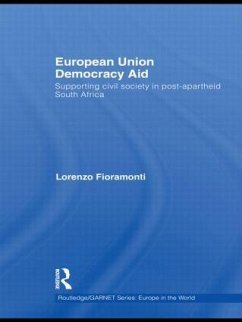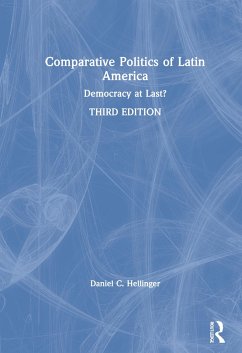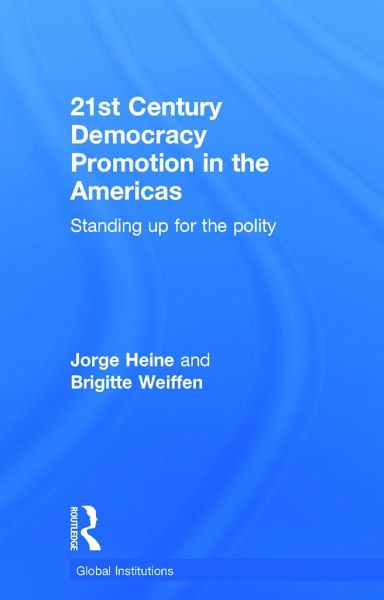
21st Century Democracy Promotion in the Americas
Standing up for the Polity
Versandkostenfrei!
Versandfertig in 1-2 Wochen
167,99 €
inkl. MwSt.
Weitere Ausgaben:

PAYBACK Punkte
84 °P sammeln!
This volume examines the promotion and defense of democracy in the Americas. Taking the Inter-American Democratic Charter (IADC) of 2001 as a baseline, it charts the evolution of the issue over the past decade. Although it considers historical antecedents, the main focus of the book is on key instances of promotion and defense of democracy in the Western hemisphere since the adoption of the IADC. It analyzes democratic norms, norm enforcement mechanisms and how they work in practice. Special attention is paid to the 2009 Honduras coup, the issues raised by it and the debates that surrounded it, as this was the first instance in which a member state was suspended in accordance with the IADC. Three central themes guide the analysis: the nature of challenges to democracy in Latin America; the role of regional organizations as democracy promoters; and the transformation of Inter-American relations. The book unveils the key achievements and limitations of the OAS in the field and will be of great interest to students and scholars of democratization, US-Latin American relations, international relations of Latin-America and international organizations.
This volume offers a concise and accessible overview of the promotion and defence of democracy in the Americas, examining the nature of challenges to democracy in Latin America, the role of regional organizations as democracy promoters, and the transformation of Inter-American relations. Taking the Inter-American Democratic Charter of 2001 as a baseline it charts the evolution of the issue over the past decade.




